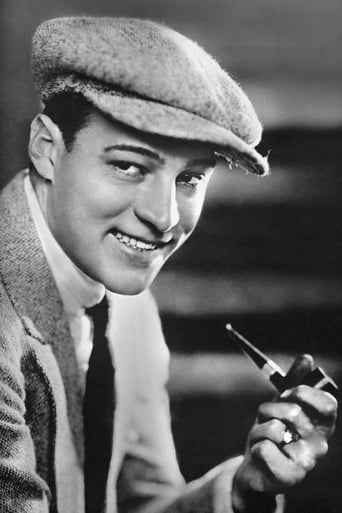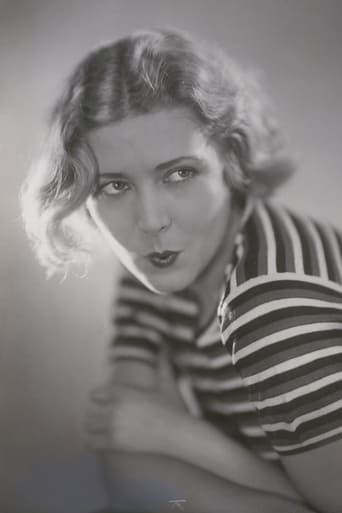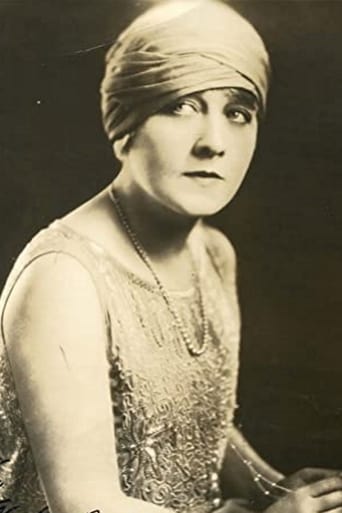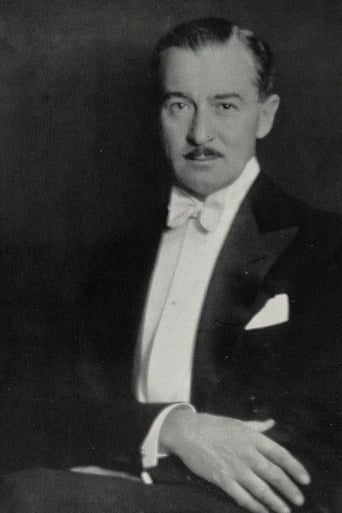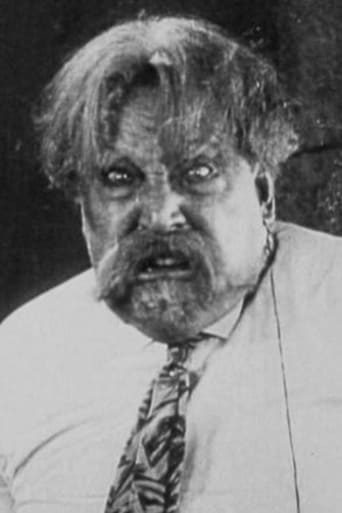Karry
Best movie of this year hands down!
Evengyny
Thanks for the memories!
Vashirdfel
Simply A Masterpiece
CommentsXp
Best movie ever!
Claudio Carvalho
When the horses of a coach with two ladies speed after a shot, the Czarina Catherine II (Louise Dresser) sees the young Lieutenant Vladimir Dubrovsky (Rudolph Valentino) rescuing the ladies. She invites Dubrovsky to have dinner with her, but he is sexually harassed by the czarina and flees from the palace. He receives a letter from his father telling that he had been evicted from his lands by the corrupt Kyrilla Troekouroff (James Marcus). Meanwhile the czarina issues an arrest warrant authorizing the arrest of Dubrovsky dead or alive. Dubrovsky heads to his home town, but his father dies and he promises revenge against Kyrilla. He wears a mask and is called "The Black Eagle", and leads a group of unsatisfied men to fight against Kyrilla, stealing from the riches to deliver to the poor. However, when he meets Kyrilla's daughter Miss Mascha Troekouroff (Vilma Banky), Dubrovsky falls in love with her. Dubrovsky needs to rethink and choose between "eye for an eye and tooth for a tooth" and his love for Mascha."The Eagle" is a melodramatic and romantic silent movie with a hero that is a combination of Zorro and Robin Hood. The plot is entertaining and well constructed but it is funny to see, for example, Dubrovsky forgetting his friends and his promise to kill the man that stole the lands of his father that died after just because he is in love with Kyrilla's daughter. My vote is seven.Title (Brazil): "A Águia" ("The Eagle")
MartynGryphon
I, like many on my side of the big pond, have a cheap, shoddy and very poor DVD transfer copy of The Eagle from InstantVision LTD (IVL). The music is rubbish, inappropriate and repetitive with no thought, (or care for that matter), given to the importance of music accompanying a silent film. Music can, when used effectively, accentuate certain parts of a silent movie such as having soft music for romantic/sad moments in the plot and lively music for party/action scenes. Sadly the IVL release has three random pieces of music on a loop, which sadly near ruined the movie for me and made it difficult to sit through and it was nothing more than a lottery of getting the right music at the right time. So IVL, in my opinion, have committed what can only be tantamount to movie manslaughter. I'll stop short of movie murder as I'm sure the intention was there to put out a good product and anyone who releases silent movies these days will usually get a big thumbs up from me anyway.Gripe aside, I'll proceed with the movie itself. The Eagle is basically the Zorro legend transported from Spanish owned Los Angeles, to Imperial Russia, which is a bit of a white lie really, as Alexander Pushkin's story 'Dubrovsky' was originally written in 1832 but first published posthumously in 1841, pre-dating Johnston McCulley's Zorro creation by over 80 years. (It's amazing what information you can get from Wikipedia).Rudolph Valentino plays Vladimir Dubrovsky and Officer of the Imperial guard of Czarina Catherine II, played by a strangely attractive Louise Dresser. Just before what is to be a regal inspection of her troops, Dubrovsky, borrows the Czarina's horse to rescue two ladies in a runaway carriage.One of the lady's is Mascha Troekouroff, played by the very beautiful and not at all strangely attractive Vilma Banky. Dubrovsky is smitten with her at first sight and his feelings are not exactly unreturned.After the rescue, they part company, but the Czarina has witnessed his act of derring do and she too takes a shine to him and orders him to report to her chambers that evening.He's goes thinking that she may want to give him some award, She's asked him there in the hopes he will give her one. However, Dubrovsky refuses the advances of the sex-mad Czarina and deserts his post and becomes a wanted man. His timing couldn't have been worse as he soon gets word that his families house, land and estates have been forcibly taken over by the evil Kyrilla Troekouroff, (James Marcus).Having alienated the Czarina who's very command would have corrected the problem, he heads for home seeking revenge. his task is not made any easier by the revelation that the damsel in distress he rescued is actually Kyrilla's daughter.In order to protect his identity he assumes the masked alter ego 'The Eagle' and undertakes a kind of Robin Hood/Zorro role, and with his band of followers sets out to deprive Kyrilla of his ill gotten gains and restore then to the rightful owners. He also assumes yet another alias in order to do infiltrate Kyrilla's inner sanctum, (and possibly get off with his daughter as well), that of Marcel Le Blanc, French Tutor hired by Kyrilla for his daughter's education. Dubrovsky is now in the perfect place for his planned revenge.The Eagle is arguably Valentino's best film. I've seen the Sheik and Blood & Sand, and were not particularly enamoured by either, in fact the whole 'Valentinomania' is sort of lost on me as I don't think he was a brilliant actor and am certain that had he lived, he would not have made the transition to sound. So I was left with a 'what was all the fuss about' feeling.I did, However, think that Vilma Banky was superb as was Louise Dresser, but the highest accolade I reserve for director Clarence Brown. His direction is flawless and it's no wonder that Louis B Mayer would soon have him at MGM to direct Greta Garbo & John Gilbert in many of their 'period' movies such as 1927's Flesh & The Devil.I enjoyed The Eagle, but thanks to the IVL DVD issue, I enjoyed it more with the sound off. I suggest you do the same. However, I'd rather watch Tyrone Power in the Mark of Zorro instead it's virtually the same story but a much better film.Enjoy!
loza-1
I would say that United Artists spared no expense in bringing Imperial Russia to Hollywood. The costumes and sets are superb. The story of a young officer who becomes an outlaw after spurning Catherine the Great is excellently portrayed.In my opinion, this is the best of Valentino's films (although I liked Blood and Sand too).I need not say that Valentino is excellent. Good too is Vilma Banky, one of the best silent actresses about at the time...BUT...Earlier in the film she makes the sign of the cross the Roman Catholic way, but later, during the wedding scene, she blesses herself the Russian Orthodox way.Oversight or conversion?
pocca
Worried that Valentino's screen image had become effete after the somewhat arty pictures he had made with his now estranged wife, his studio found him a part that was 100% male but would still include the lovemaking his female audience loved (it turned out the studio chose well-- going by fan mail, this movie proved equally popular with men and women).Valentino's role of Vladimir Dubrowski in "The Eagle,"--a sort of Cossack Robin Hood--was obviously influenced by the Douglas Fairbanks movies, but it's no pallid rip-off. Whereas Fairbanks, much like a male lead in a Spielberg film, tends to keep the hugging and kissing to a minimum, Valentino, although he can handle a sword very skilfully, makes the film his own by balancing the swashbuckling with plenty of wooing. He also shows that he was not above poking fun at his persona as a lady killer, as when besotted by the female lead he overloads his soup with pepper (the die hard Valentino haters always overlook this self depreciating side to his performances). The other performers are strong too—James Marcus is repugnant as the corrupt and cowardly aristocrat Kyrilla who has ruined Vladimir's father (but somehow pathetic in his final scenes when he realizes he has lost his daughter); Louise Dresser is amusing and touching as the post menopausal and horny czarina who becomes murderous when Dubrowski resists her advances, and Vilma Banky is sweet but assertive as the best romantic heroines are, and very affecting in the scenes in which she is torn between her attraction to Dubrowski and her filial love for her unworthy father. The film also sets itself apart from the Fairbanks sort of swashbuckling epic (in which the hero is usually content to mete out punishment to wrongdoers) by raising the question that that maybe vengeance should be left to God rather than men and that as Mascha points out to Vladimir a life totally motivated by hate is a wasted one. In fact the script is so much on the side of forgiveness that even the ruthless Czarina, after a last minute change of heart about Vladimir's execution, is allowed a happy ending--and a more age appropriate suitor.All in all, a very fine comeback vehicle for Valentino—but how sad that it proved to be his penultimate film.
